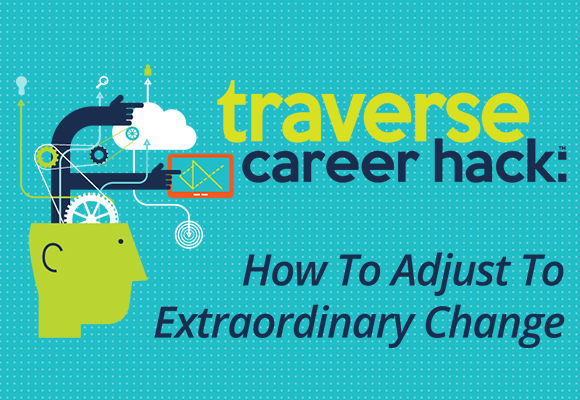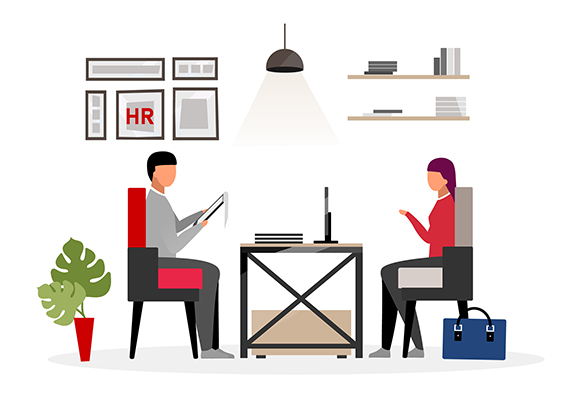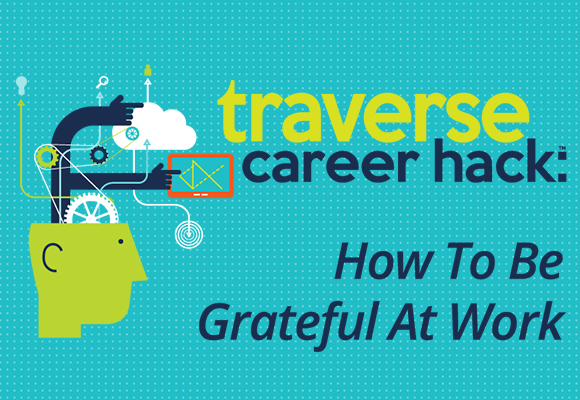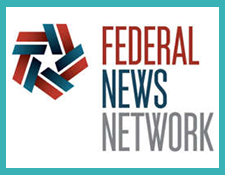- Written by Ellen Barker Dunagan
- Published:

All careers undergo change at some point. Some changes can be swift, like being laid off or suddenly needing to care for an ill family member. Others can be gradual, such as adapting to new leadership at your organization, or working toward a promotion.
And still other changes – like a novel virus forcing us to quickly adapt to an increasingly new normal – bring about a level of uncertainty that is in and of itself novel. The current COVID-19 pandemic is different from anything we have experienced before.
How we adjust personally and professionally to this unprecedented change will help us not just get through it, but keep going in those critical moments when it seems easier to give up.
Instead of: Backing away from your career goals, or putting plans on hold entirely …
Try: Taking small, meaningful steps to adjust during these unprecedented times.
1. Focus on what you can do each day. During this extraordinary time of change it can be highly beneficial to break things down into micro tasks. Identifying what you need to do today – just today – allows you to focus on the here and now, and it’s a great way to stay in the present moment.
For example, if you are job hunting, you might follow up deliberately with a recruiter on the resume you just submitted. Just commit to that one phone call or email. Doing so can help you stand out, especially if you approach it with empathy – in other words, understanding that HR professionals and recruiters are experiencing their own level of duress right now.
One more tip is to write down your answer to this question: “How have you successfully managed things you can’t control?” This may be a top question potential employers want to explore with you.
2. Consider a change of scenery. Often a new setting can bring a sense of relief and release, and this has never been truer than with our current circumstances. If you are working from home, looking for a new job, or sharing extra-close quarters with your spouse and children, think about changing up your environment to reflect on your next move.
For example, today my 11-year-old son became very frustrated with his distance learning. I asked him what he would do to re-energize. A bike ride? A walk around the block? Play basketball? He chose to “sit at the window and look at nature.” After 10 minutes, he was clearer-headed and back at his work.
3. Give yourself a break. Life looks really different right now, and your energy and productivity levels have likely dipped. You may feel like you aren’t cutting it in this new normal. Self-care and self-kindness are really important, and that applies to the care and feeding of your career as well.
If you have lost your job, allow yourself time to grieve that loss. If you are suddenly working from home, know that it’s okay to make a mistake with new technology. If you are job hunting and getting nowhere, that’s okay too – it won’t always be this way.
If I’ve learned anything from my clients as a Career Coach for 15 years, it’s about the ingenuity and resilience of the human spirit. We will get through this – one day and one small adjustment at a time.



